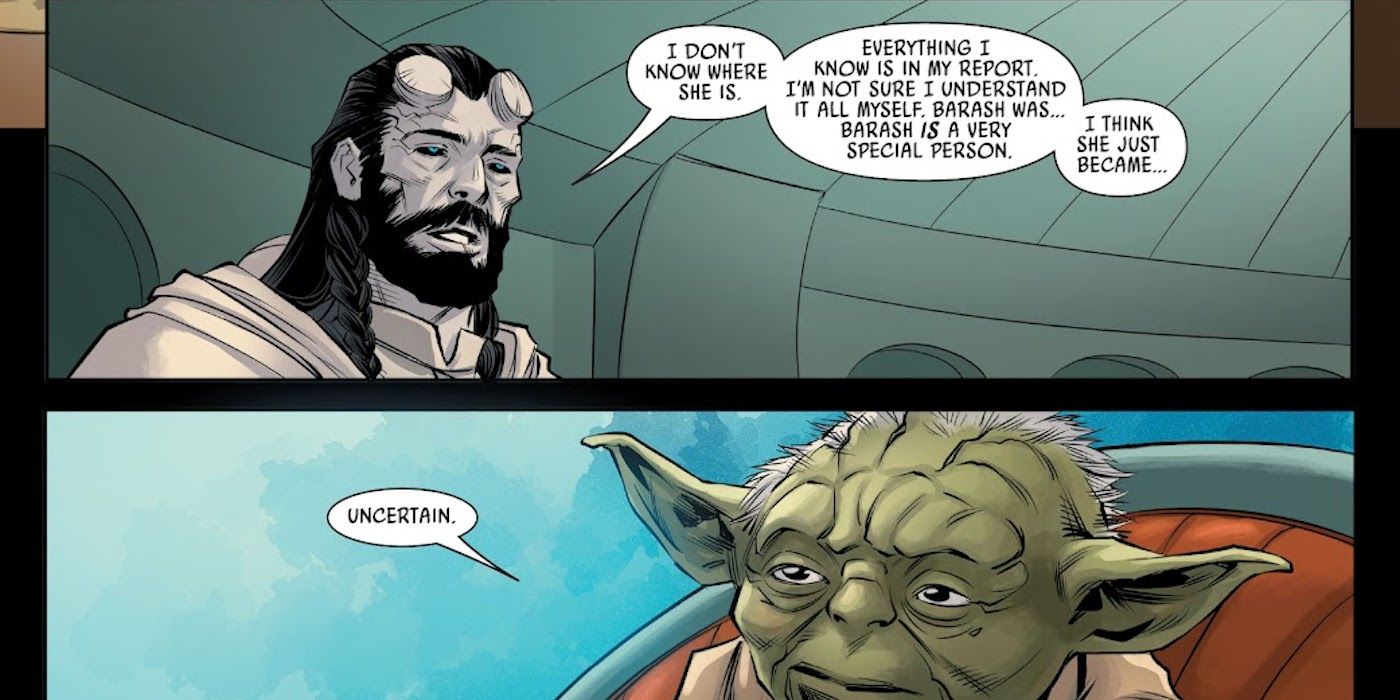Overview of Barash Vow
The Barash Vow is a solemn oath taken by a man and a woman to live together in a lifelong, monogamous relationship.
Barash Vow, a dystopian novel, explores the consequences of a totalitarian regime and the resilience of the human spirit. Its themes resonate with the horrors depicted in Rotten Tomatoes: The Acolyte , a film that exposes the corruption and abuse within the Catholic Church.
Barash Vow reminds us that even in the darkest of times, the fight for freedom and justice must never cease.
It is a sacred commitment that is rooted in the Jewish tradition and has been practiced for centuries. The Barash Vow is based on the belief that marriage is a holy union between two people who are created to be together.
Barash vow, a sacred promise made by young girls in the Ethiopian Orthodox Church, is a tradition that has been passed down through generations. Like many other traditions, it has faced criticism and controversy in recent years. The death of Mandisa, a young woman who took her own life after being forced into a barash vow, sparked a national outcry and brought the issue of barash vow back into the spotlight.
The mandisa cause of death became a symbol of the pain and suffering that can be caused by this practice, and it led to calls for reform. Despite the controversy, barash vow remains an important part of Ethiopian Orthodox Christian culture, and it continues to be practiced by many young girls.
Key Principles
The Barash Vow is based on several key principles, including:
- Love: The Barash Vow is a declaration of love between two people.
- Commitment: The Barash Vow is a commitment to stay together through good times and bad.
- Faithfulness: The Barash Vow is a promise to be faithful to one another.
- Respect: The Barash Vow is a promise to respect each other’s feelings and needs.
Historical Significance
The Barash Vow has a long and rich history. It is believed to have originated in the ancient Jewish tradition, and it has been practiced by Jews for centuries.
The Barash vow, a tradition of exchanging vows between two people, is a solemn promise that holds great significance in many cultures. While the exact origins of this tradition are unclear, it is believed to have originated in ancient times.
Over the centuries, the Barash vow has evolved and taken on different meanings and interpretations. In some cultures, it is seen as a sacred bond between two individuals, while in others, it is considered a more casual agreement. Regardless of its interpretation, the Barash vow remains a powerful symbol of love, commitment, and unity.
The cause of death of Mandisa, a young woman who recently passed away, has sparked a great deal of speculation and discussion. While the exact cause of her death is still unknown, some sources have suggested that she may have died from an illness or an accident.
Whatever the cause of her death, it is clear that Mandisa was a beloved daughter, sister, and friend. Her passing has left a deep void in the hearts of those who knew and loved her. The Barash vow, a tradition that has been passed down through generations, serves as a reminder that even in the face of loss, love and commitment can endure.
The Barash Vow was first mentioned in the Talmud, a collection of Jewish law and tradition. The Talmud states that a man and a woman who are married are considered to be one flesh. This means that they are considered to be a single entity in the eyes of God.
The Barash Vow is still practiced by many Jews today. It is considered to be a sacred commitment that is essential for a happy and successful marriage.
Impact of the Barash Vow on Modern Society

The Barash Vow, a moral and ethical code originating in ancient Persia, continues to influence decision-making in modern society. Its principles of truthfulness, compassion, and integrity have resonated with individuals and organizations alike, shaping ethical frameworks and guiding actions.
One notable example of the Barash Vow’s impact is its influence on the concept of corporate social responsibility (CSR). The vow’s emphasis on ethical conduct and the well-being of others has encouraged businesses to adopt CSR initiatives, such as environmental sustainability, employee welfare programs, and community outreach. By aligning their practices with the principles of the Barash Vow, corporations demonstrate their commitment to responsible and ethical operations.
Case Study: Patagonia
Patagonia, an outdoor clothing company, exemplifies the practical application of the Barash Vow in the business world. Founded on the principles of environmentalism and social justice, Patagonia has consistently prioritized sustainability in its operations, from using recycled materials to reducing its carbon footprint. Moreover, the company actively supports environmental organizations and advocates for policies that protect the planet. Patagonia’s adherence to the Barash Vow has earned it recognition as a leader in ethical and responsible business practices.
Contemporary Interpretations and Applications of the Barash Vow

The Barash Vow, a centuries-old tradition in certain communities, has garnered renewed interest in recent times. Scholars and practitioners have engaged in lively discussions, leading to diverse interpretations and applications of the vow. This section explores these contemporary perspectives, highlighting their similarities and differences.
Scholarly Interpretations
Scholars have proposed various interpretations of the Barash Vow. Some emphasize its religious significance, viewing it as a sacred covenant between individuals and their community. Others focus on its social implications, interpreting it as a tool for fostering unity and harmony. Still, others approach it from a historical perspective, examining its evolution and adaptations over time.
Similarities:
- Recognition of the Barash Vow as a significant tradition with deep-rooted cultural and spiritual values.
- Emphasis on the importance of community and the role of the vow in strengthening social bonds.
Differences:
- Varying interpretations of the religious significance of the vow, with some scholars emphasizing its sacred nature while others focus on its social and ethical implications.
- Disagreements over the historical origins and evolution of the vow, with some scholars proposing different timelines and cultural influences.
Practitioners’ Applications, Barash vow
In practice, the Barash Vow has been adapted to suit the needs and circumstances of different communities. Some practitioners use it to promote interfaith dialogue and cooperation, while others employ it to address social issues such as poverty and inequality. Still, others have incorporated the vow into their personal lives, using it as a framework for ethical decision-making and spiritual growth.
Similarities:
- Shared commitment to the principles of unity, compassion, and social responsibility.
- Recognition of the transformative potential of the vow in fostering positive change both within individuals and communities.
Differences:
- Variations in the specific goals and objectives that practitioners seek to achieve through the vow.
- Different approaches to implementing the vow, with some practitioners emphasizing ritualistic practices while others focus on practical action and social engagement.
Emerging Trends and Developments
In recent years, several emerging trends have shaped the contemporary understanding and application of the Barash Vow. These include:
- Increased emphasis on interfaith dialogue and cooperation: The vow has become a platform for promoting understanding and collaboration among different religious traditions.
- Focus on social justice and activism: Practitioners are increasingly using the vow to address issues of poverty, inequality, and environmental degradation.
- Personalization of the vow: Individuals are adapting the vow to their own personal journeys, using it as a tool for spiritual growth and self-reflection.
The barash vow is a sacred oath taken by the acolytes of the temple. It is a promise to uphold the temple’s laws and to serve the goddess faithfully. Those who break the vow are punished severely, often being cast out of the temple and stripped of their powers.
One such acolyte, known as the acolyte rotten , broke the vow and was cast out. He now wanders the land, seeking revenge on those who wronged him. The barash vow is a powerful force, and those who break it will face the consequences.